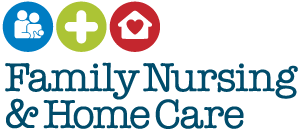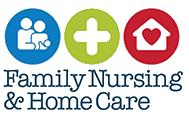What you need to know
Be extra careful in the kitchen – especially when cooking, using the oven or taking hot things out of the microwave.
Spilt hot drinks are the biggest reason for burns so take care where you leave your hot chocolate and remind your grown ups not to leave their tea or coffee on the table edge but at the back. Remember, hot food burns too so carry it carefully.
Take care near the iron, it takes a long time to cool down. Think of hair straighteners as being an iron for your hair! Treat them the same, in fact they get even hotter than an iron.
Remember, make sure that your bath water’s not too hot!
Don’t forget, the sun can cause burns too.
You need to stop it burning your skin otherwise you will look like a wrinkled raisin when you’re older. Use a sun cream that is at least a factor 30, wear a hat, sun glasses, T-shirt and have lots of cool drinks. Remember to reapply cream throughout the day and try to stay out of the sun when it is at its hottest, that’s between 11am and 3pm!












